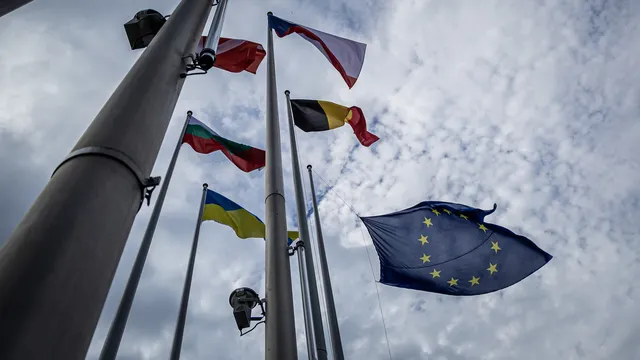Monthly inflation in Argentina fell to 1.5% in May, its lowest level in five years. This is good news for President Javier Milei and his strict economic program aimed at curbing galloping prices.
According to the National Institute of Statistics and Census (INDEC), annual inflation in May reached 43.5%, a significant drop from 211% at the end of 2023, although still among the highest in the world. In monthly terms, inflation fell from 2.8% in April.
Milei, who describes himself as an “anarcho-capitalist,” came to power in December 2023, using a chainsaw as a symbol of his program of fiscal discipline and inflation fighting. Last year, Argentina reported its first budget surplus in a decade, achieved through drastic cuts that led to a decline in purchasing power, job losses, and a drop in consumption.
The government welcomed the May inflation figures, hailing them as the result of a “successful orthodox stabilization plan” that included easing currency controls.
According to INDEC, the highest price increases in May were recorded in telecommunications (4.0%), restaurants and hotels (3.0%), and healthcare (2.7%). The weakest growth was observed in transport (0.4%) and food and non-alcoholic beverages (0.5%).
Despite the positive statistics, discontent among Argentinians remains high as real incomes remain virtually unchanged amid months of high inflation. “Prices are not falling – they are rising,” said Christian Rodriguez, a 45-year-old employee at a logistics company. “Everything you eat is getting more expensive,” he added.
In April, Argentina received the first tranche of a new $12 billion loan from the International Monetary Fund (IMF) totaling $20 billion — a strong sign of confidence in Milei's economic program. When announcing the deal, the IMF noted the “impressive initial progress made by the authorities in stabilizing the economy,” supported by “a rigorous fiscal framework that is leading to rapid disinflation and a recovery in activity and social indicators.”
However, the decline in inflation is the result of uncompromising economic policies, including the dismissal of tens of thousands of civil servants, a halving of the number of ministries, and a freeze on inflation-indexed pensions. | BGNES, AFP

 Breaking news
Breaking news
 Europe
Europe
 Bulgaria
Bulgaria







